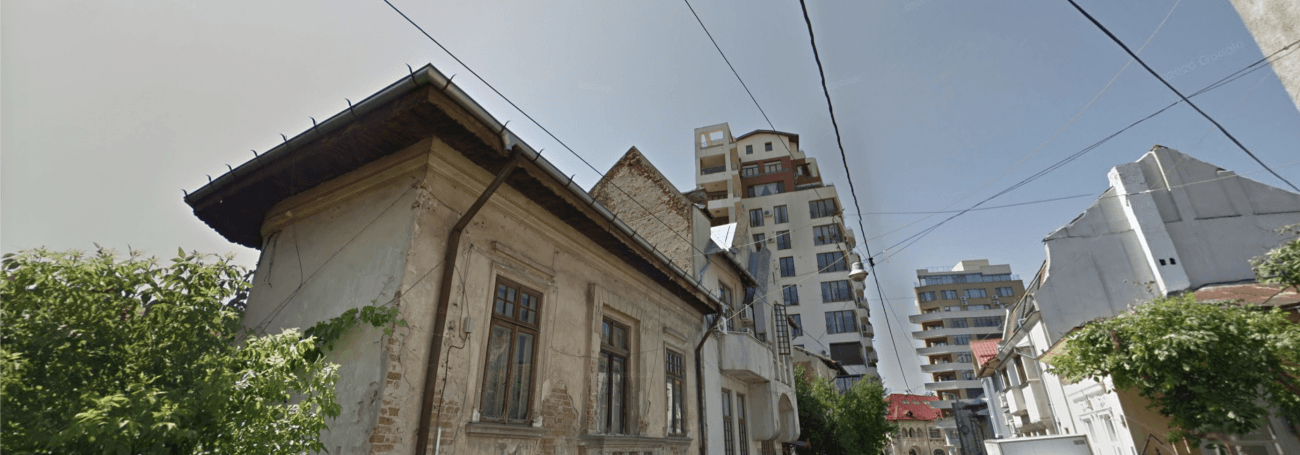
i-Restore: Protecting Child Victims through Restorative Justice is a project implemented by Terre des Hommes Europe in Romania, Greece and Albania, in partnership with the European Forum for Restorative Justice and Restorative Justice Netherlands, co-funded by the Justice Programme of the European Union 2014–2020. The project aims at promoting the use of restorative justice in cases involving child victims by improving knowledge amongst national stakeholders on child-victim friendly restorative justice and empowering children to advocate for better protection of child victims. By adopting an innovative approach — the Child Advisory Boards (CAB), the project empowers children to become stronger advocates to better protect child victims’ rights. Besides that, i-Restore proposes to look at restorative justice from the perspective of children and empower them to understand and practice restorative justice values.


